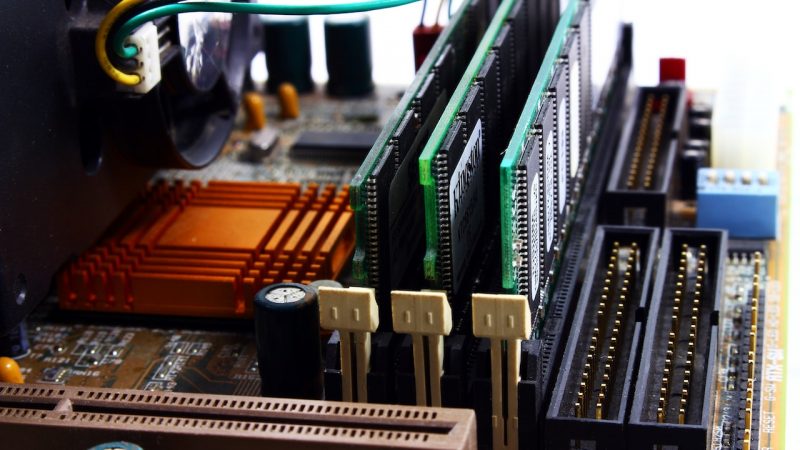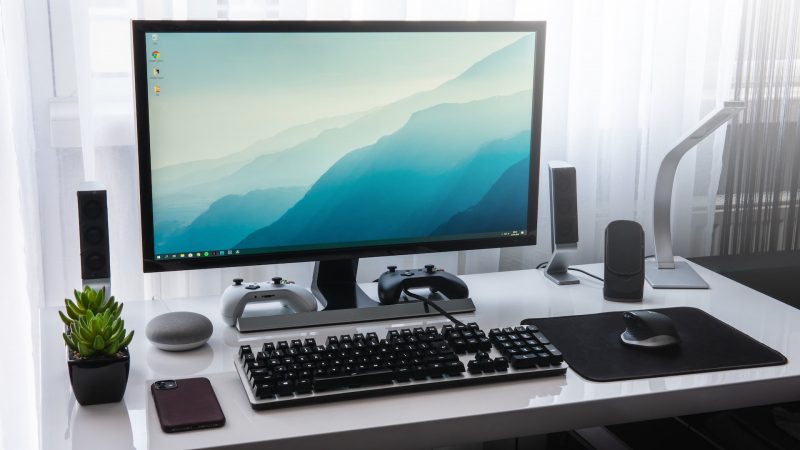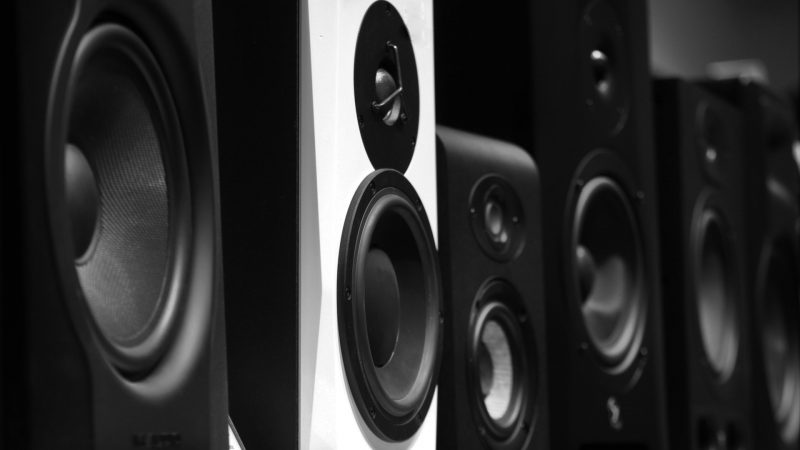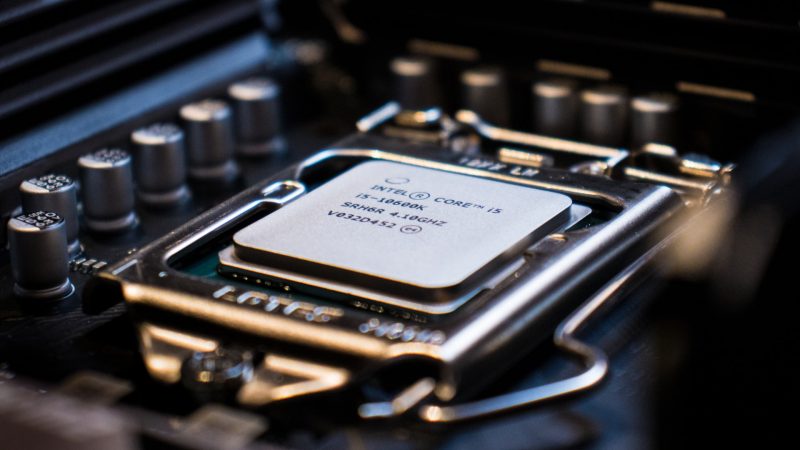The Ultimate Guide to Choosing the Best Laptop for Your Needs
When it comes to choosing a new laptop, it can be overwhelming to sift through all of the options and features available. From processor speed to storage capacity to graphics capability, there are so many factors to consider. In this ultimate guide, we’ll break down the key considerations you need to make when shopping for a laptop, so you can find the perfect one for your needs.

First and foremost, consider your budget. Laptops come in a wide range of price points, from under $500 to over $1,000, and it’s important to have a good idea of how much you’re willing to spend before you start shopping. Keep in mind that you generally get what you pay for, so a cheaper laptop may not have the same level of performance or features as a more expensive one.
Next, think about what you’ll be using your laptop for. Are you a gamer looking for a high-powered machine with a fast processor and dedicated graphics card? Or are you a writer looking for a lightweight laptop with a long battery life for use on the go? Understanding your needs will help you narrow down your options.
An important factor to consider is the size of the laptop. Laptops come in various sizes, from ultra-compact 11-inch models to larger 17-inch models. If you plan on using your laptop mainly at a desk, a larger screen size may be more comfortable to work with. On the other hand, if you need a portable laptop to take with you on the go, a smaller size may be more convenient.
When it comes to performance, the processor is a key factor to consider. Intel and AMD are the two main manufacturers of processors for laptops, and both offer a range of options. Intel processors are generally considered to be more powerful and efficient, but AMD processors can offer similar performance at a lower price point. If you need a laptop for tasks such as video editing or gaming, a more powerful processor will be important.
Another aspect of performance to consider is the amount of memory (RAM) and storage (HDD or SSD) the laptop has. More memory and storage can help your laptop run more smoothly and allow you to store more files, but they also come at a higher cost. Consider how much memory and storage you’ll need based on your intended use of the laptop.
In terms of graphics, most laptops come with integrated graphics, which are fine for basic tasks such as web browsing and word processing. However, if you plan on using your laptop for more demanding tasks such as gaming or video editing, you’ll want to consider a laptop with a dedicated graphics card. These laptops tend to be more expensive, but the improved graphics performance is worth it for some users.
Finally, consider the battery life of the laptop. If you’ll be using your laptop mainly at a desk with access to an outlet, this may not be as important. However, if you need a laptop for use on the go, a longer battery life will be crucial. Keep in mind that battery life can vary significantly depending on the tasks you’re performing and the settings you have on your laptop, so be sure to read reviews and test out the battery life for yourself before making a decision.
There are several key factors to consider when choosing the best laptop for your needs. The first and foremost consideration should be your budget, as laptops come in a wide range of price points. It’s important to have a good idea of how much you’re willing to spend before you start shopping, as you generally get what you pay for. Next, think about what you’ll be using your laptop for and consider the size, processor, memory and storage, graphics, and battery life of the laptop.
All of these factors will play a role in determining the overall performance and suitability of the laptop for your needs. It’s also a good idea to read reviews and test out the laptop yourself before making a final decision. By carefully considering these key factors, you can find the perfect laptop for your needs.




